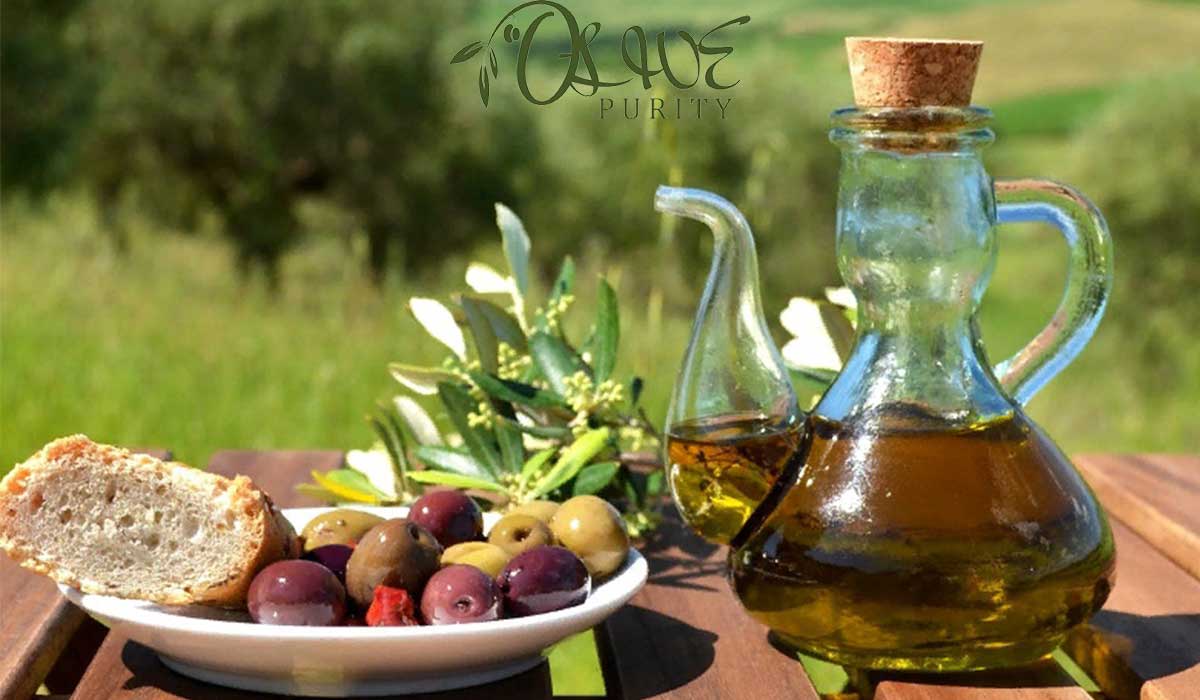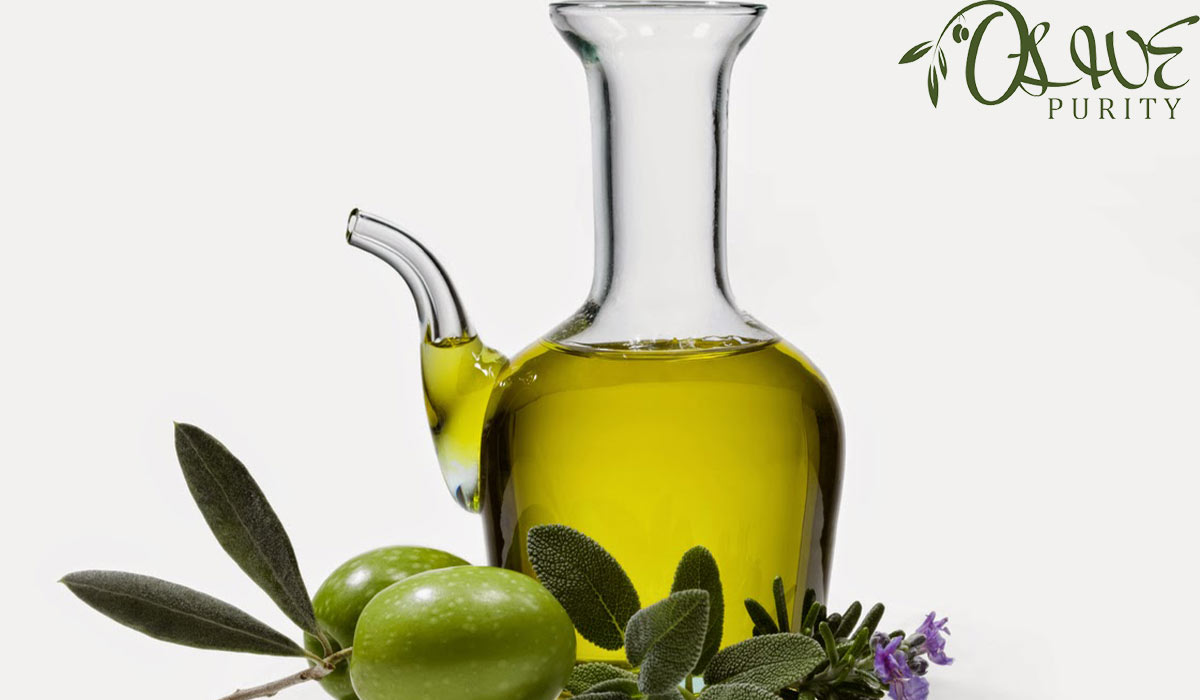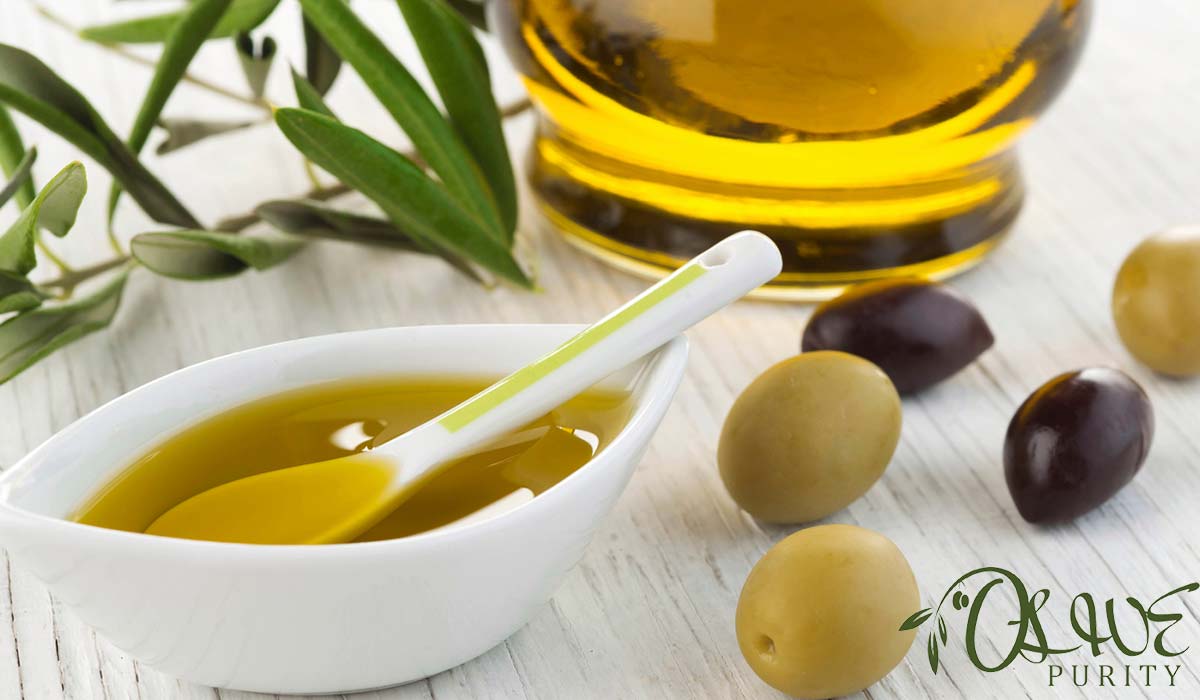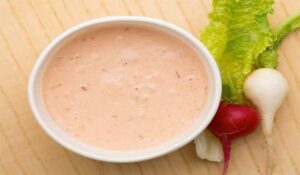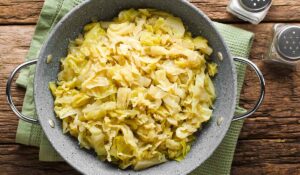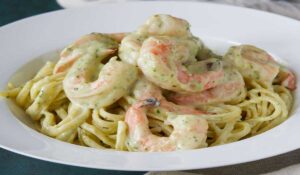Does Olive Oil Evaporate? Exploring the Science Behind Olive Oil’s Behavior under Heat
Key Takeaways
- Olive oil has a high smoke point, meaning it can withstand high temperatures without breaking down.
- Olive oil does not evaporate at normal cooking temperatures.
- The perceived loss of olive oil during cooking is likely due to absorption by food or spattering.
- Olive oil is commonly used for cooking.
- Olive oil has a variety of flavors and fragrances.
- Olive oil is a nutritious food.
- Olive oil is absorbed by food during cooking.
- Olive oil can splatter during cooking.
Introduction
Have you ever wondered does olive oil evaporate? The culinary global regularly highlights the importance of olive oil in cooking, praising its rich taste, dietary benefits, and versatility. however, information how this cooking vital behaves below high temperatures is essential for optimizing its use inside the kitchen.
In this text, we delve into the technology at the back of olive oil, exploring its evaporation, smoke factor, and the impact of warmth on its molecular shape. by the quit, you may have a complete expertise of the way olive oil reacts to warmth and its implications for cooking, flavor, and vitamins.
The Evaporation Mystery ( Does Olive Oil Evaporate)
At its center, the query “Does olive oil evaporate?” may be a piece misleading. whilst we think about evaporation, we frequently photo the slow disappearance of a liquid, like water becoming vapor. in the case of olive oil, the technique is a piece more complicated.
Olive oil does undergo a shape of evaporation, however it is not as truthful as water becoming steam. Instead, it involves the oil’s components changing in response to heat. When exposed to high temperatures, the molecular structure of olive oil begins to transform.
Understanding Smoke Point
One key element within the evaporation system is the smoke point of olive oil. The smoke point is the temperature at which the oil starts offevolved to supply smoke, indicating that it is breaking down and attaining a factor wherein it is able to negatively effect both taste and nutritional cost.
Different types of olive oil have varying smoke points. More virgin olive oil, acknowledged for its wealthy flavor and occasional acidity, has a decrease smoke point compared to sophisticated olive oil. this indicates more virgin olive oil is satisfactory applicable for low to medium-warmness cooking, while refined olive oil can manage better temperatures.
High Temperatures and Molecular Breakdown
Warmness is a catalyst for chemical reactions, and olive oil is not any exception. when exposed to excessive temperatures, the molecular structure of olive oil starts offevolved to break down. The fatty acids present within the oil can go through various adjustments, leading to the release of unstable compounds and the production of smoke.
The breakdown of olive oil at high temperatures entails the cleavage of ester bonds in triglycerides, ensuing in the launch of unfastened fatty acids. This method no longer only impacts the flavor and fragrance of the oil however additionally impacts its nutritional composition.
Cooking with Olive Oil
The behavior of olive oil under heat has significant implications for cooking. Here’s a breakdown of how it can impact the cooking process:
Flavor Enhancement:
Cooking with olive oil can beautify the taste of dishes, specifically while the use of extra virgin olive oil with its wonderful taste. the heat lets in the oil to interact with the elements, releasing and intensifying their herbal flavors.
Aroma Development:
The fragrance of olive oil contributes to the overall aroma of the dish. as the oil is heated, aromatic compounds are released, adding intensity and complexity to the scent of the meals.
Nutritional Absorption:
Even as olive oil does go through changes in its dietary composition beneath warmness, it stays a source of wholesome fat. The oil can enhance the absorption of fats-soluble vitamins in cooked dishes, making it a precious addition to a balanced eating regimen.
Best Practices for Cooking with Olive Oil
To make the most of olive oil in your culinary endeavors, consider the following tips:
Choose the Right Type:
pick the proper kind of olive oil based for your cooking wishes and the preferred temperature. more virgin olive oil is ideal for salad dressings , baking and occasional-warmness cooking, while delicate olive oil can face up to better temperatures for frying and sautéing.
Monitor Temperature:
Take note of the cooking temperature to save you the oil from achieving its smoke point. using a thermometer can help you keep control over the heat and hold the nice of the oil.
Use Olive Oil as a Finisher:
For dishes that don’t require high heat, consider using olive oil as a finishing touch. Drizzling a bit of extra virgin olive oil over a completed dish can impart a burst of flavor and freshness.
Store Properly:
Olive oil is sensitive to light, heat, and air. Store it in a cool, dark place to preserve its quality. Avoid keeping it near the stove or other sources of heat.
FAQs ( Does Olive Oil Evaporate )
Does olive oil evaporate at room temperature?
spread rapidly on solid or water surfaces, have a strong odor, high evaporation rate, and. are usually flammable.
Conclusion ( Does Olive Oil Evaporate )
In conclusion, while olive oil doesn’t evaporate in the traditional sense, it undergoes significant changes when exposed to heat. Understanding the smoke point, molecular breakdown, and the impact on cooking, flavor, and nutrition is essential for making informed choices in the kitchen.
With the aid of choosing the proper form of olive oil and controlling cooking temperatures, you may unencumber the overall ability of this culinary staple, improving the flavor and dietary cost of your dishes. So, the subsequent time you attain for that bottle of olive oil, you will accomplish that with a deeper appreciation for the science in the back of its conduct beneath warmth.
